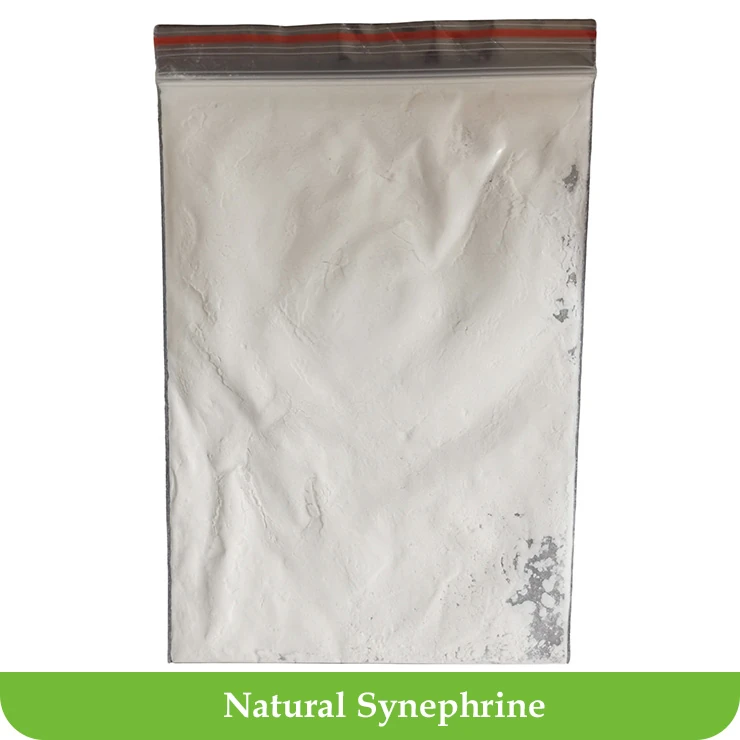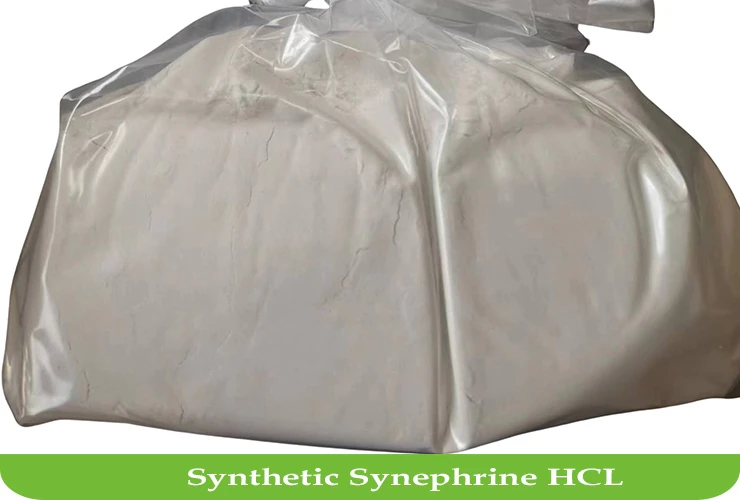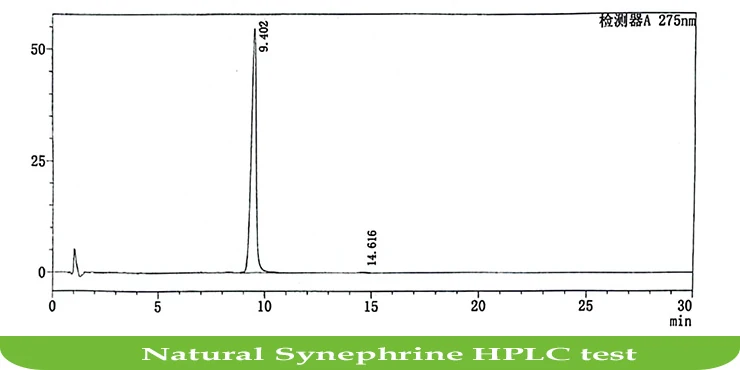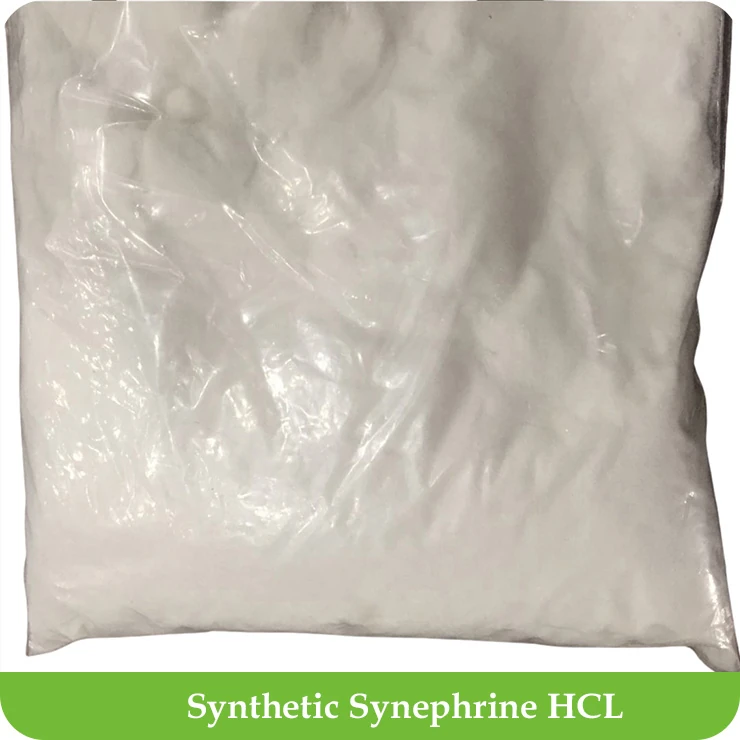Synephrine can be found both in its natural form and as a synthetic compound.
What is Natural Synephrine?
Synephrine is a bioactive substance primarily extracted from Rutaceae plants such as immature bitter orange (Zhishi), bitter orange peel (Zhike), dried tangerine peel (Chenpi), and green tangerine peel (Qingpi). It is an effective component that plays an important role in traditional Chinese medicine (TCM) Zhishi. Citrus extract has effects such as strengthening the heart, increasing cardiac output, constricting blood vessels, and raising total peripheral vascular resistance which leads to an increase in left ventricular pressure and arterial blood pressure, anti-shock effects, and weight loss properties.

Benefits of Synephrine
Citrus extract is a dietary supplement that can help reduce body fat. It is a naturally occurring alkaloid found in citrus plants such as bitter oranges. In many traditional medicines, Citrus aurantium extract is used as an herbal ingredient and is commonly believed to increase energy, boost metabolism, and aid in weight loss. However, due to its structural similarity to ephedrine, which can stimulate the central nervous system and potentially cause cardiovascular diseases, its use has been restricted in countries such as the United States and Canada in recent years.
What is Synephrine Hydrochloride
Synephrine hydrochloride is a synthetic version of synephrine, a naturally occurring alkaloid found in the bitter orange (Citrus aurantium) plant. It is chemically similar to ephedrine and is commonly used for its stimulant effects.

Safety and Side Effects
Cardiovascular Concerns: There are concerns about its safety, particularly regarding its effects on blood pressure and heart rate. High doses can lead to an increased risk of cardiovascular events.
Regulatory Status: The legality and acceptance of synephrine in supplements vary by country. It is banned by some sports organizations due to its stimulant effects.
Comparison to Ephedrine
Less Potent: Synephrine is considered to be less potent than ephedrine in terms of both its stimulant and thermogenic effects.
Fewer Side Effects: It is generally believed to have fewer and less severe side effects compared to ephedrine.
Here are the key differences between natural and synthetic synephrine:
Natural Synephrine:
Source:
- Extracted from certain plants, primarily from the Rutaceae family, such as bitter orange (Citrus aurantium), Zhishi, Zhike, Chenpi, and Qingpi.
Composition:
Often comes in a complex mixture with other naturally occurring compounds, which may include other bioactive substances.
Perceived Benefits:
- Considered more holistic due to the presence of other synergistic compounds that may enhance its effects or provide additional health benefits.
Traditional Use:
- Has been used for centuries in traditional medicine practices for its therapeutic effects.
Regulation:
- Generally subject to less strict regulation as part of herbal supplements, though this varies by country.

Synthetic Synephrine:
Source:
- Manufactured in laboratories through chemical synthesis.
Composition:
- Pure synephrine hydrochloride, ensures consistency and higher concentrations of the active ingredient.
Perceived Benefits:
- Offers a standardized dosage and purity, which can be more easily measured and controlled.
Usage:
- Commonly used in dietary supplements and pharmaceuticals aimed at weight loss, energy enhancement, and performance improvement.
Regulation:
- Often subject to stricter regulation due to concerns about its potential side effects, especially its stimulant properties and impact on the cardiovascular system.
Key Considerations:
- Efficacy: Both forms are used for similar purposes, but the natural form may be preferred by those who favor holistic and traditional remedies.
- Safety: The synthetic form allows for more precise dosing but may come with higher scrutiny due to potential side effects.
- Regulatory Status: The legal status and acceptability of synephrine in supplements can vary by country and form, with synthetic versions more likely to face regulatory restrictions.

Both forms of synephrine are utilized for their potential benefits in weight loss and energy enhancement, but their source, composition, and regulatory status can influence their use and perception.







